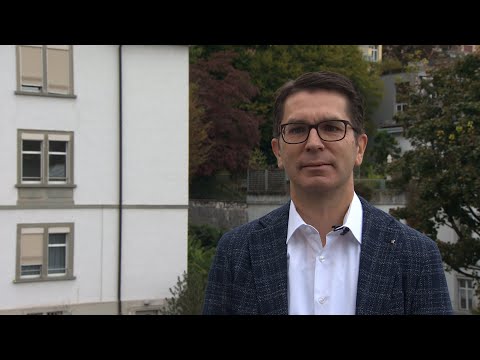It is not part of the HSG’s self-image to rely on specific rules for regulating our behaviour. What we expect instead is that the members of the HSG community act self-responsibly, in accordance with those values and principles which are of central importance to us:
- Intellectual freedom
- Responsibility
- Integrity
- Professionalism
- Collegiality
- Sustainability
- Transparency
We realise that these core values and principles may at times overlap or conflict with each other. For instance, principles such as professionalism or collegiality may seem to require treating information in strict confidence, whereas it ought to be made available to a wider circle of people in accordance with the principle of transparency. Which requirement should take precedence? — We must face up to such contradictions.
Against this background, we promote a culture of values, but also a culture of fallibility, which underpins and supports our work. To err is human. We recognise our errors and learn from them. The University President's Board, our alumni and students ensure that our normative framework remains subject to ongoing discussion, that it is disseminated and anchored across the University, and that it is critically examined and revised at regular intervals.







